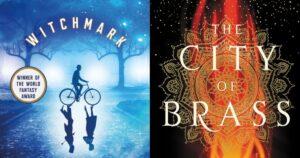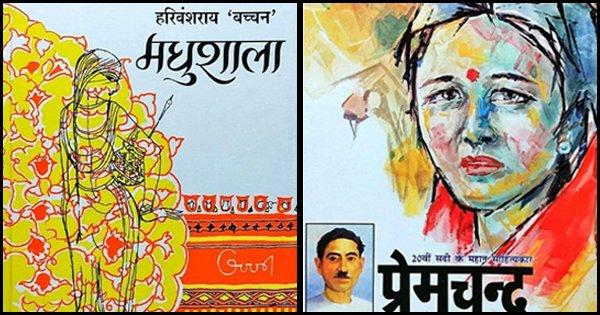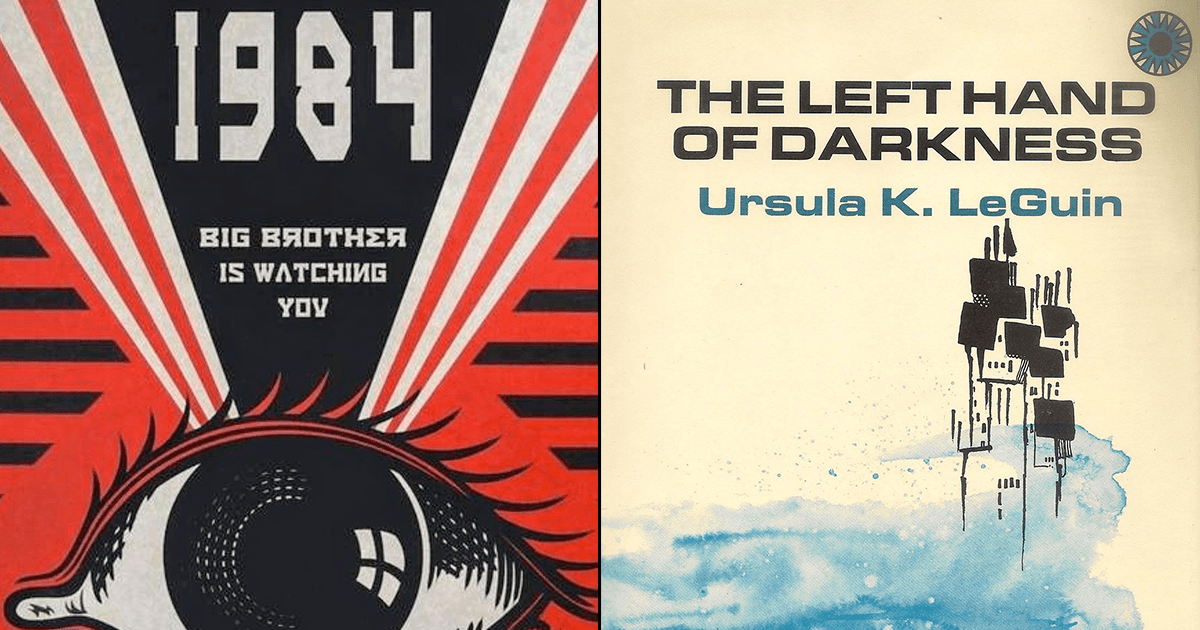Twenty five years ago someone wrote a story about a bespectacled English boy who gets an owl as pet and enters a secret magical world hidden in plain sight. But the author was not JK Rowling and the boy was not Harry Potter.
Long before the boy wizard entered our lives, celebrated author Neil Gaiman had written a miniseries for DC Comics called The Books Of Magic. The lead Potteresque character was called Tim Hunter.
How is it that most of us haven’t heard about this then? Well, because the series was a major dud. It is not a plot that fails to impress people across all generations, as we now know.
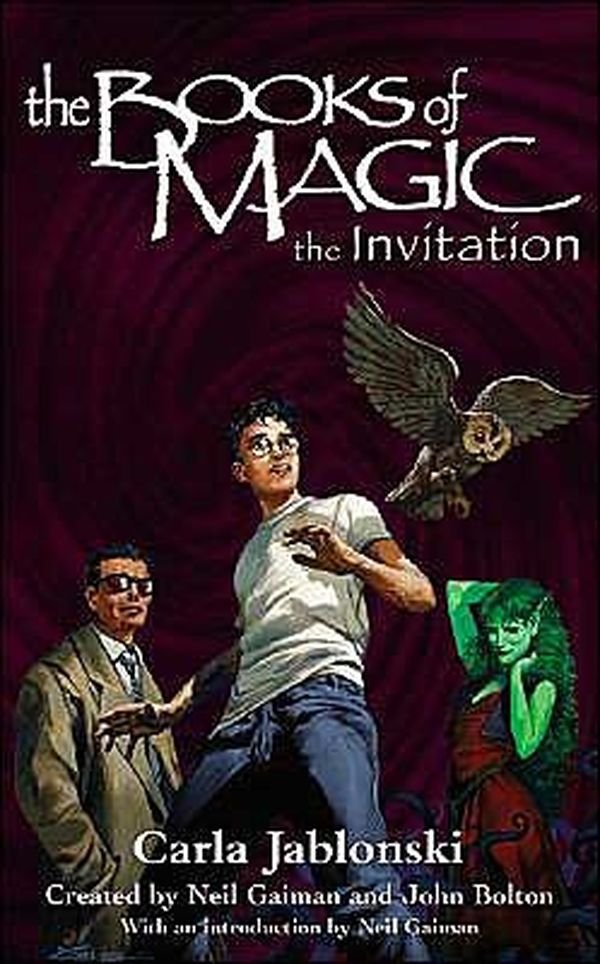
But The Books Of Magic faded away from everyone’s memory and into the blackhole from where only Michael Keaton seems to have found a way out.
A boy wizard and Neil Gaiman seems to be the perfect recipe for success, destined not to fail but it did probably because of how its plot unfolded. While Harry Potter was based in the wizarding world complete with original characters and an elaborate plot encompassing Harry’s past, present and future, The Books of Magic was an encyclopedia of sorts for the DC universe.
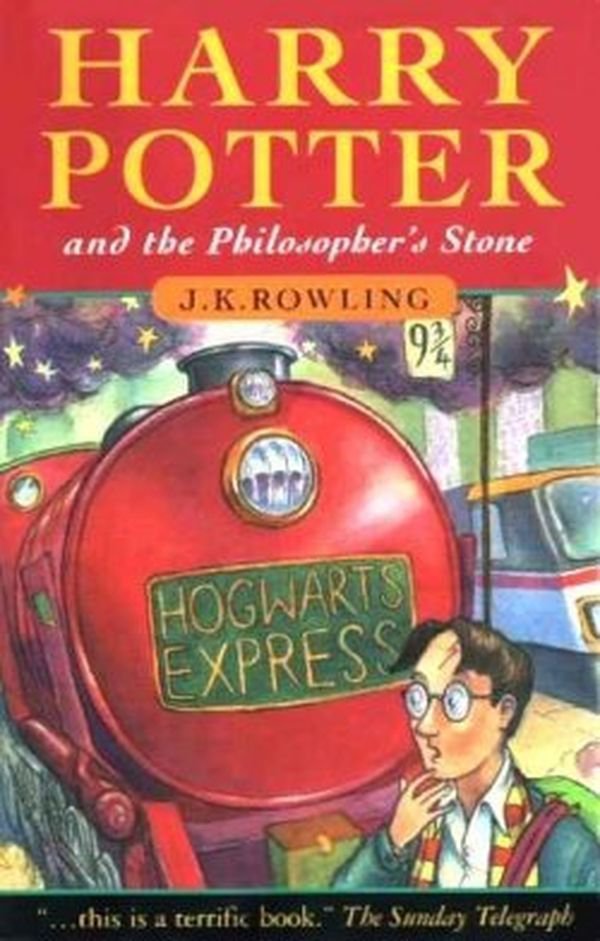
Unlike in Harry Potter, Gaiman’s series was more about the DC world than Tim Hunter’s. It basically reintroduced the readers to all the DC characters like Spectre, Dr. Fate, John Constantine and Dr. Occult, who had magic-based powers. Tim Hunter travels through various realms and meets these magical characters.
This is where things probably got complicated for the readers. Unlike Harry Potter, which is set in the same world, The Books Of Magic was a crossover of different worlds of different superheroes. So, if the reader had no idea about these DC superheroes, he or she would have made little sense of what Tim Hunter was upto. So, logistically speaking, Gaiman’s miniseries was found appealing by only the superhero geeks.
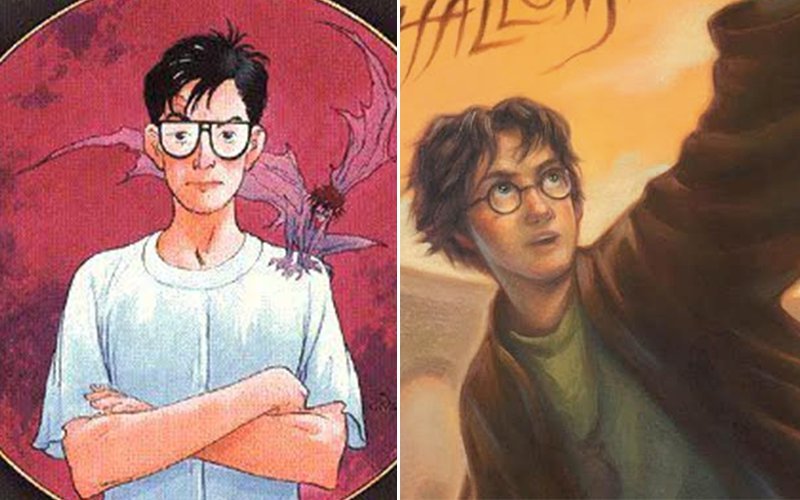
More than its failure or obscurity, the thing that Gaiman’s miniseries is most remarkable for is how it combined the genres of Young Adult adventure and fantasy, way ahead of its time and proved to be like a prophecy of sorts. Little did Gaiman know then that these two were going to be the most popular and prominent genres in the following decade.
What is most unique is how two series based on the same trope met with such dramatically opposite fates.
You can read the original article here.




